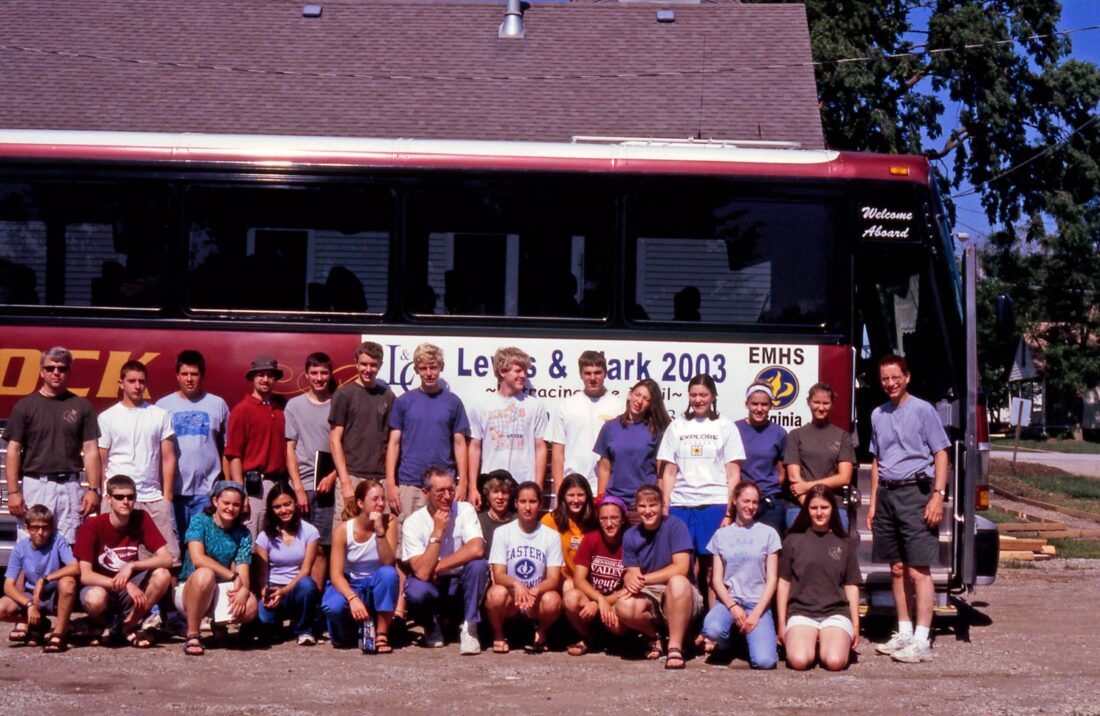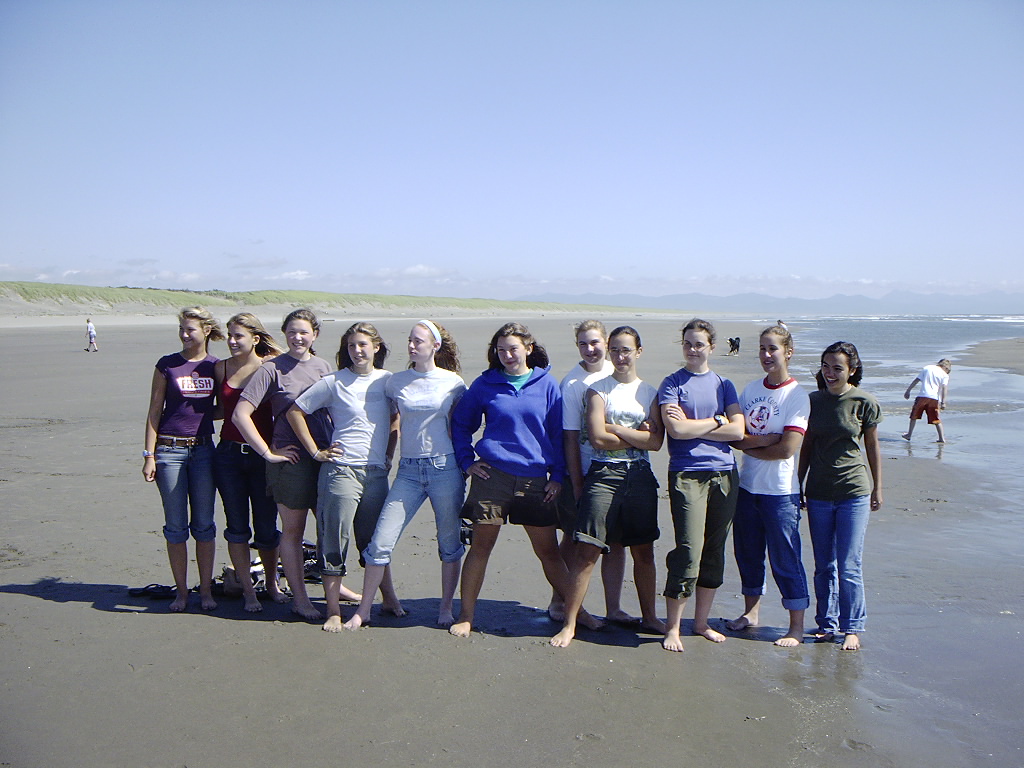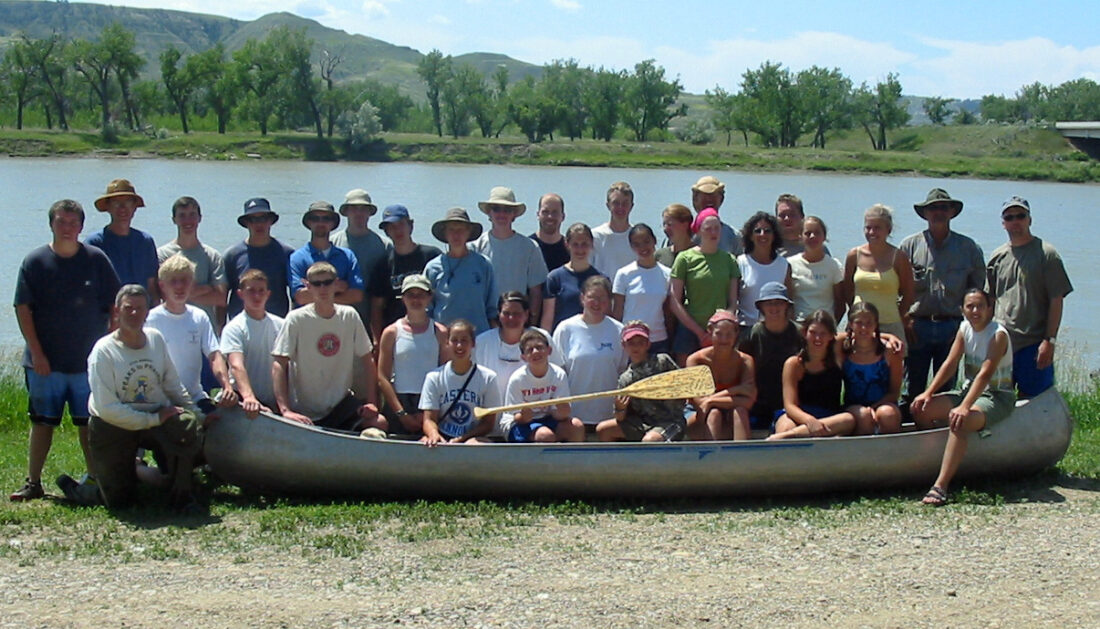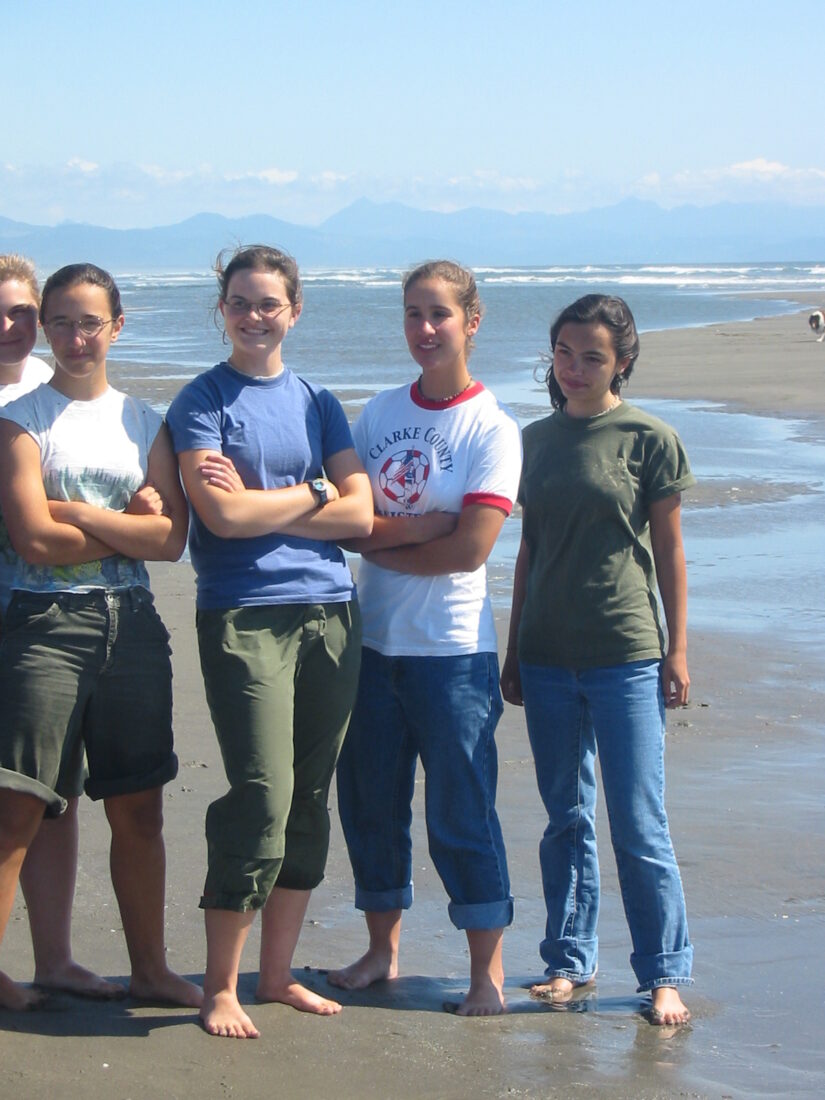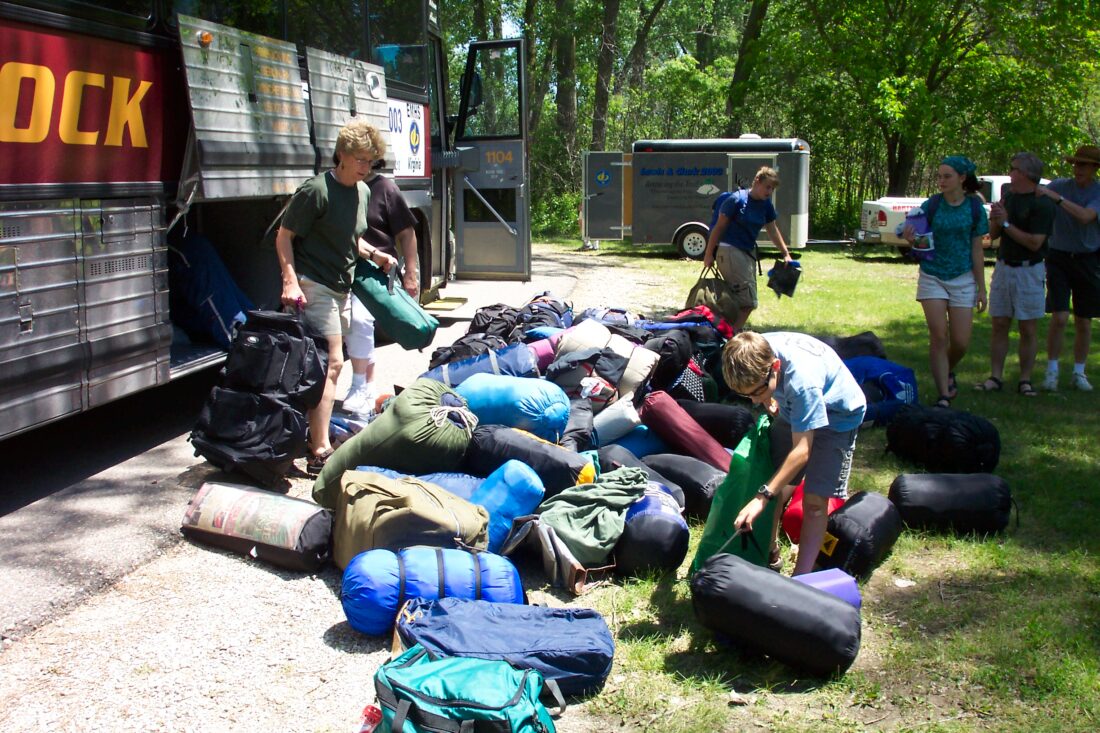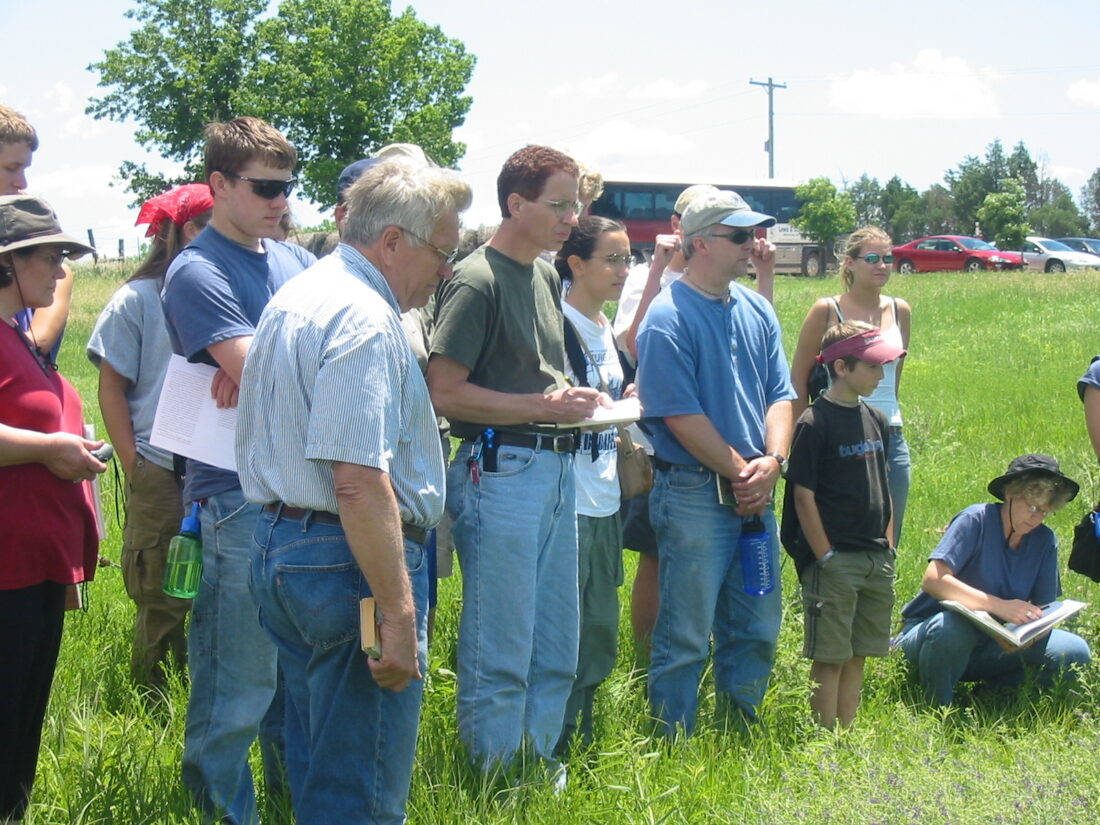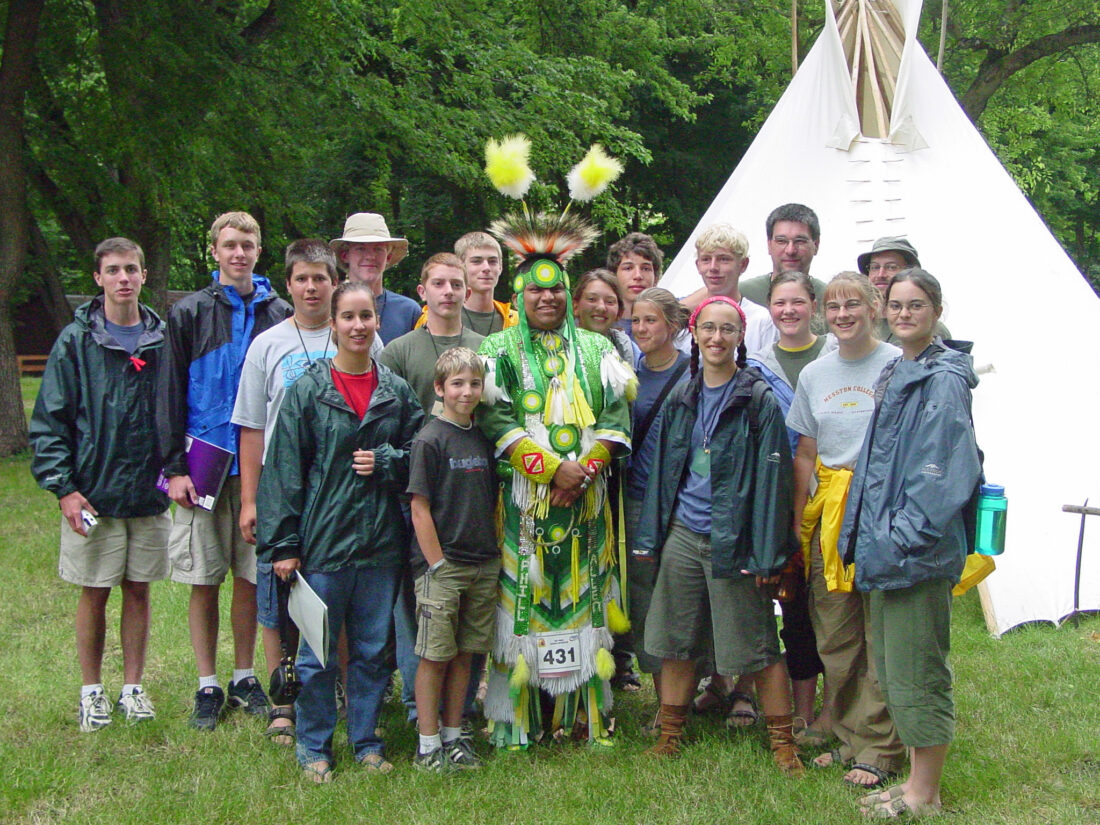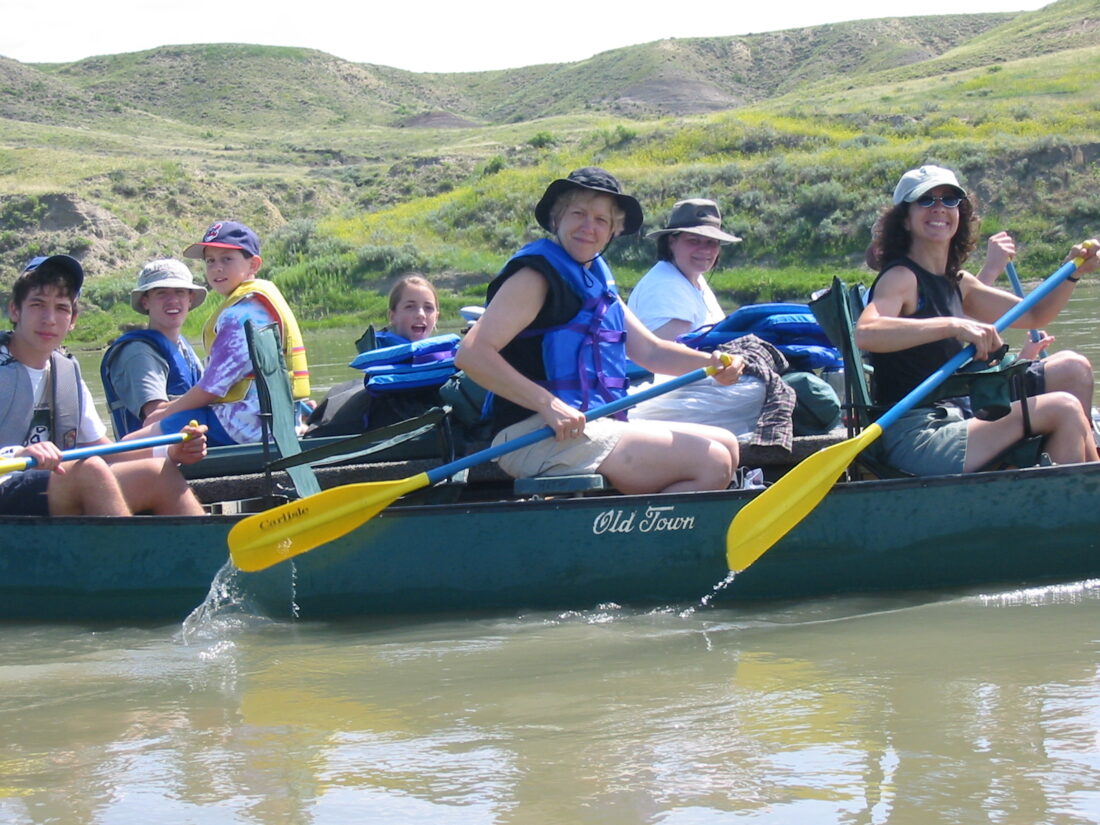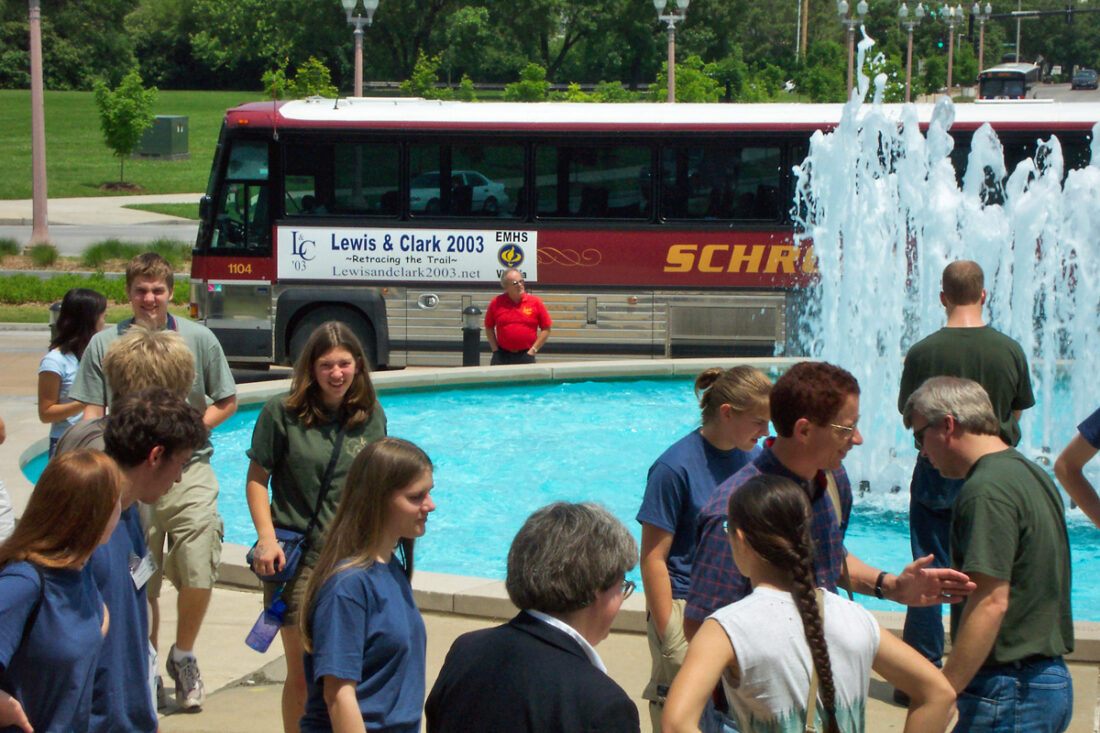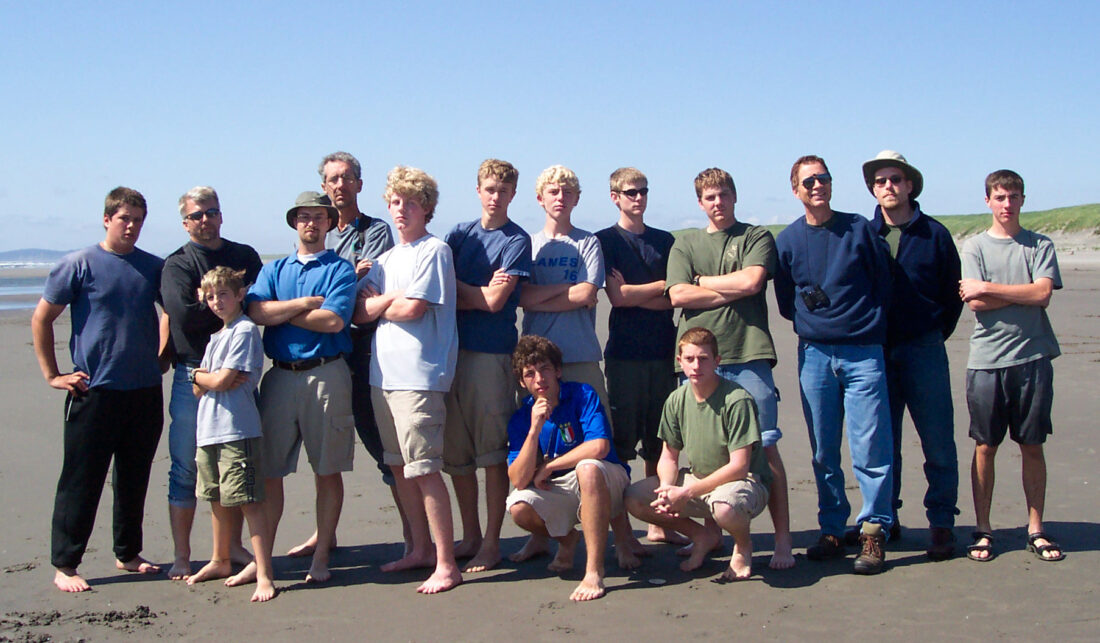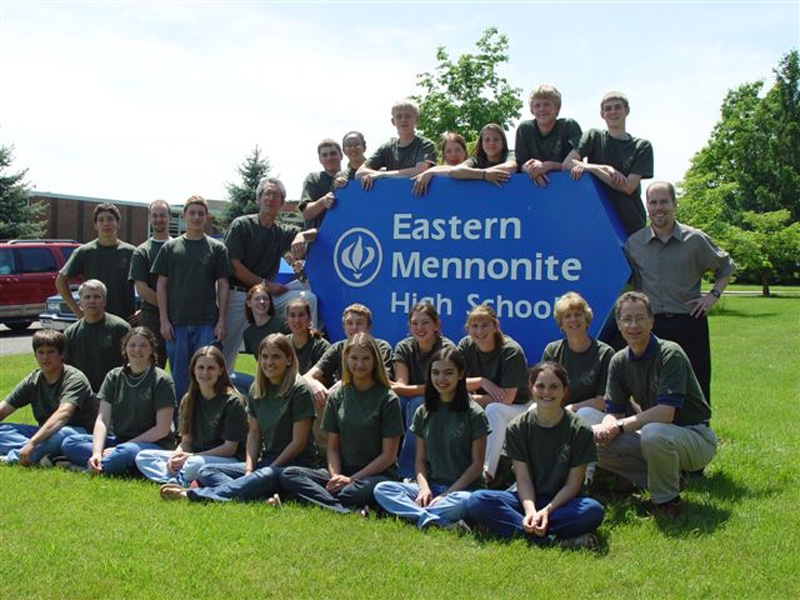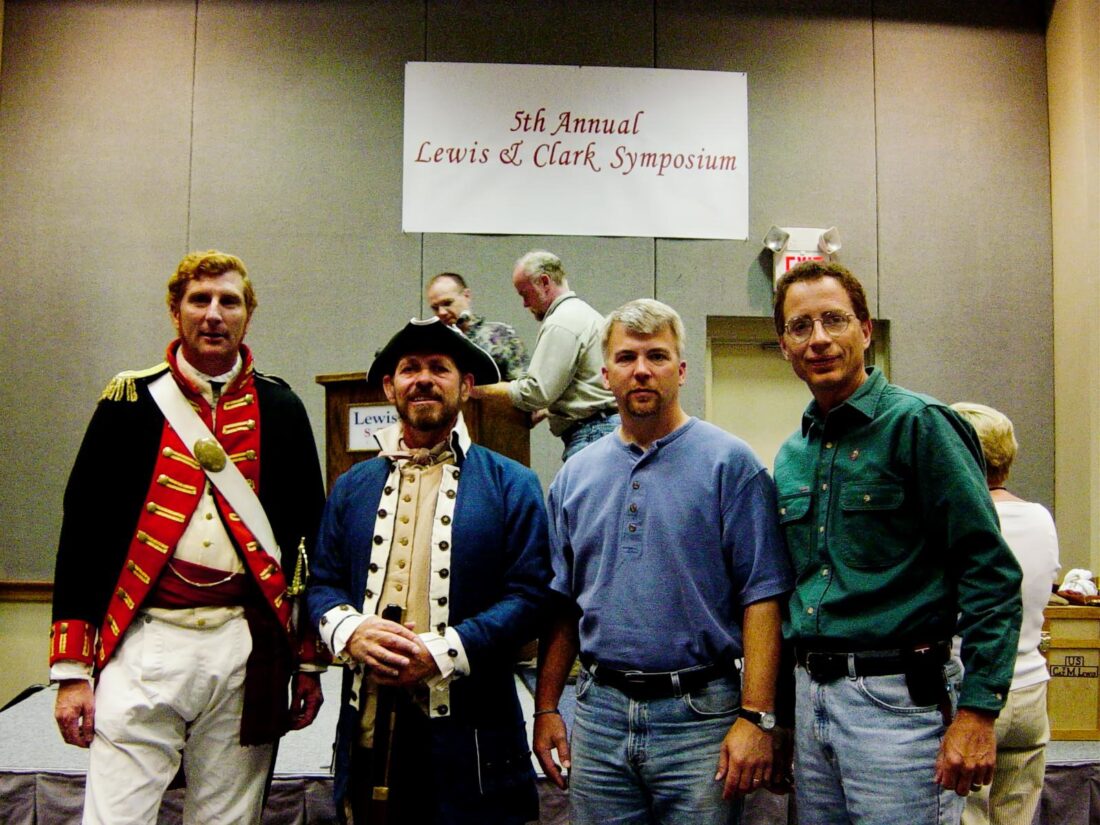From the opening hymn sing to the contemporary songs in worship, my heart thrilled to the music at Kansas City 2019. As a delegate and long-time convention-goer, I understand that things have changed for MC USA. Our music, however, is a welcome constant, and it helps to unify and build us up in God’s Spirit. For me, singing in worship with thousands of others provided the highest value in attending the convention.
Our music helped create unity amidst diversity. My cordial table of delegates came from seven states. We were not alike, and we had different perspectives. But when we left our meeting room and joined with three thousand people in the joint worship services, our diversities paled in the glory of praise and honor to God. Let’s sing even more MC USA; it just may help us find a renewed unity that celebrates our theological, cultural, and geographical diversities.
Singing together in the big hall expressed our deepest convictions. When the band started, when the chorister led a time-tested hymn, or when we learned a new song, we confessed lyrics about the most basic beliefs of our faith in God. I am amazed at how poets and musicians can express heart faith in songs that are God-honoring. With rows and rows of high school kids having fun behind me, the singing and clapping energized me even more.
Great convention singing frees our voices in the arts. Our drummer wore a t-shirt that said, in large letters, “The Drummer.” He got into the beat, and the audience loved to watch him do his thing. Our songs at convention ranged from time-tested “Come Thou Fount” to a fantastic break-out medley featuring “Swing Low Sweet Chariot.” Every member of the praise band brought just the right volume, intensity, and rhythm to help free our voices in the God-given wonder of music. Let’s keep emphasizing singing in our churches, conferences, and at the biennial convention.
Our songs at convention helped to unify the generations. This year older attendees sat next to and sang with youth. I liked the joint music and worship services. Years ago, my wife and I sent our three teens to Mennonite Youth Conventions, with thousands of youth in attendance. Our numbers were down this year, compared to earlier years, and I do ponder why attendance at convention has declined from previous years. All the more reason, I think, to emphasize our music. Years ago, at conventions, adults and youth stayed in different auditoriums for their music–an intergenerational belly laugh with three teens after our first day’s joint worship service is one of my highlights from MennoCon19.
I hope great singing stays front and center for future conventions. Leaders in MC USA should find ways to get our people singing, often, and in ways that draw us together. After a discussion at my delegate table left me tense, I shed tears of joy afterward in worship when the praise band broke into the tune “Days of Elijah.” For me, the great music at convention made it worth the time, energy, and money to attend.
